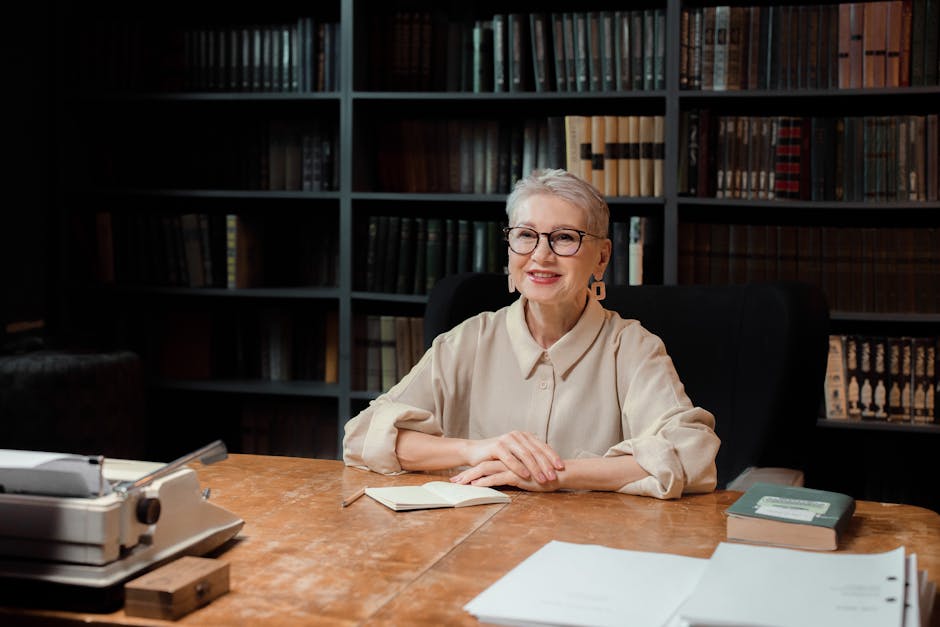Classic literature, a rich tapestry woven from human experiences, reveals characters driven by a complex interplay of internal and external forces. Understanding these motivations is key to appreciating the enduring power and relevance of these narratives. From the relentless pursuit of power to the quiet yearning for belonging, classic authors explore a spectrum of human desires and fears, often reflecting the societal contexts of their time. This exploration delves into the diverse motivations that propel characters through these timeless stories.
A significant force shaping character motivations in classic texts is societal expectation. Many characters, particularly those from earlier periods, grapple with the stringent norms and conventions imposed by their communities. Consider the constrained choices facing women in Jane Austen’s novels. Characters like Elizabeth Bennet, while striving for personal happiness, find their paths shaped by the expectations surrounding marriage, social standing, and family honour. Similarly, the ambition of characters in works by Honore de Balzac, often reflected in their relentless climb up the social ladder, is inextricably linked to the rigid class structure of 19th-century French society. This interplay between personal desire and societal pressure creates compelling narratives, showcasing the enduring human struggle to reconcile individual aspirations with the constraints of the world around them.
Beyond societal pressures, characters are frequently driven by the pursuit of self-discovery and personal growth. In Fyodor Dostoevsky’s novels, characters like Raskolnikov in *Crime and Punishment* are entangled in philosophical debates about morality, free will, and the nature of good and evil. Their motivations often stem from a desire to understand their own place in the universe and to navigate the complexities of human conscience. Similarly, characters in works like *Moby-Dick* are propelled by an insatiable curiosity to understand themselves through confronting external challenges. This internal journey of self-discovery often leads to profound transformations, reflecting the universal human desire to define identity within a chaotic world.
The quest for power, frequently depicted in classic literature, stands as another prominent motivation. Characters like Macbeth, consumed by ambition and spurred by prophecies, are willing to sacrifice everything for the attainment of power. This relentless pursuit, often motivated by fear of vulnerability, demonstrates the corrupting influence of unchecked desires. Other characters, such as those in Shakespeare’s tragedies, may be motivated by more subtle displays of power, demonstrating the manipulative control one can exert over others. A compelling example might be the manipulation of others by characters like Lady Macbeth, highlighting the multifaceted nature of this motivator. The exploration of power frequently exposes the darker aspects of human nature, highlighting its potential to both elevate and destroy.
Love, in its various forms, is a recurring theme that profoundly shapes character motivations. Romantic love, as depicted in works by William Shakespeare or Charlotte Bronte, frequently serves as a driving force. Characters’ actions are shaped by the desire for companionship, acceptance, and emotional connection. The pursuit of love can lead to both profound happiness and heartbreaking loss. This theme of love is not exclusively confined to romantic relationships. Characters may be motivated by familial love or even a profound sense of devotion to a higher cause or ideal. The depth of characters’ emotional attachments often underscores the universality of these human experiences.
The desire for revenge is a pervasive motivation in numerous classic tales. Whether stemming from perceived injustices, betrayal, or personal loss, this dark motivator often fuels actions that have devastating consequences. This theme frequently reveals the profound capacity for both cruelty and resilience in human nature. Examples abound in literature ranging from the vengeful actions of characters in Greek tragedies to the quiet, simmering resentment that shapes the narrative in works like *The Count of Monte Cristo*. The depiction of revenge demonstrates not only the destructive power of this emotion but also the enduring human need for justice and retribution.
Furthermore, one cannot underestimate the impact of social and economic conditions on shaping character motivations. The struggles of the working class are frequently highlighted in novels by authors such as Dickens, exposing the harsh realities of poverty and inequality. Characters’ motivations in such novels often revolve around securing survival, escaping deprivation, and fighting for justice within a system that appears stacked against them. Their actions, driven by hardship and adversity, underscore the enduring impact of social structures on human lives and experiences.
In conclusion, understanding the motivations behind characters in classic literature is not simply about deciphering plots. It’s about engaging with the human condition, exploring the multifaceted nature of desires and fears, and recognizing the enduring relevance of these timeless stories. From the pursuit of self-discovery to the yearning for love or the quest for power, these narratives illuminate the complex interplay of internal and external forces that shape the human experience across cultures and eras. The motivations of characters in these classic works serve as a timeless mirror reflecting back at us, reminding us of the universal struggles and aspirations that define our shared humanity.
